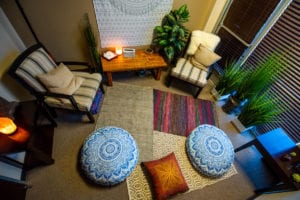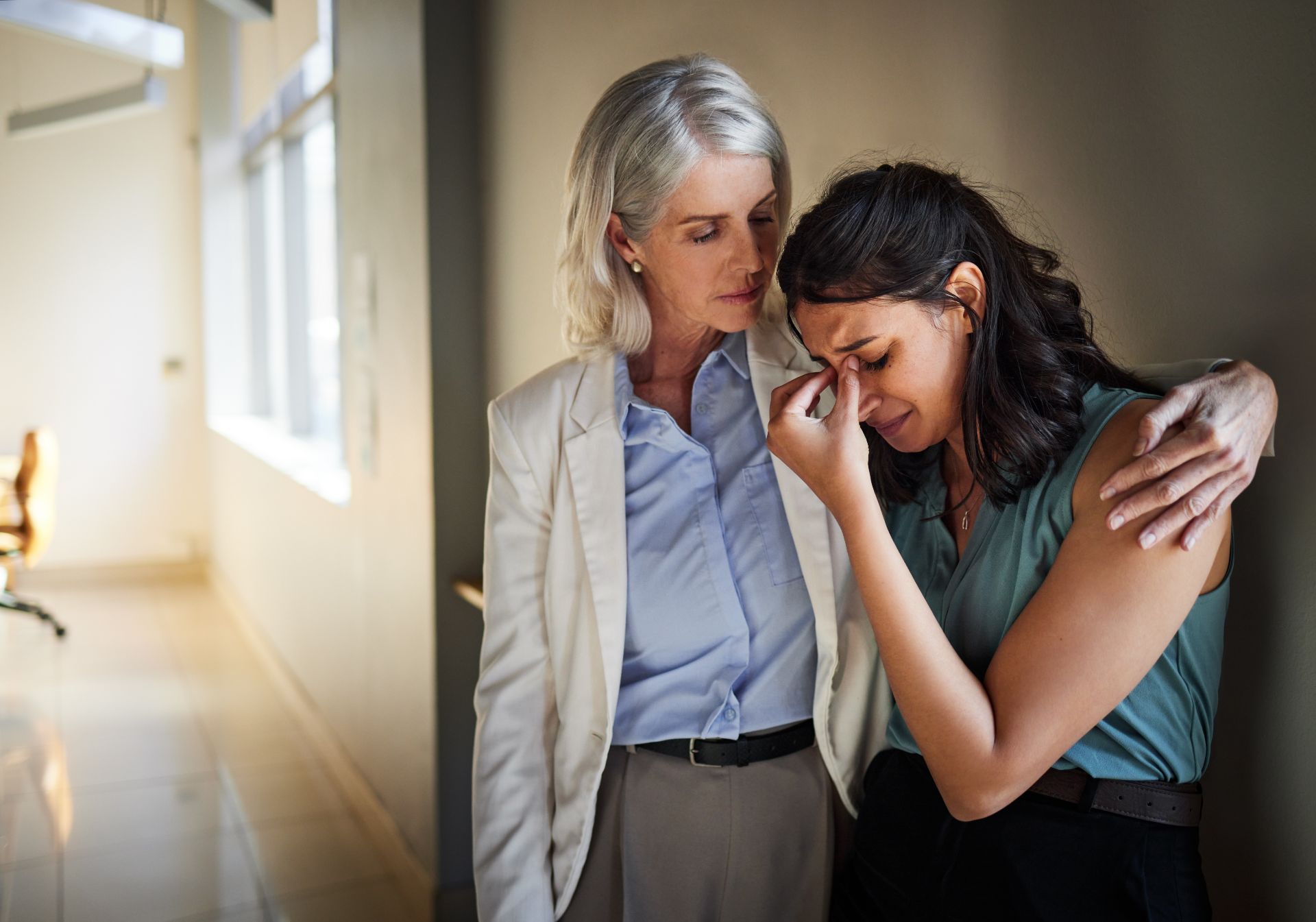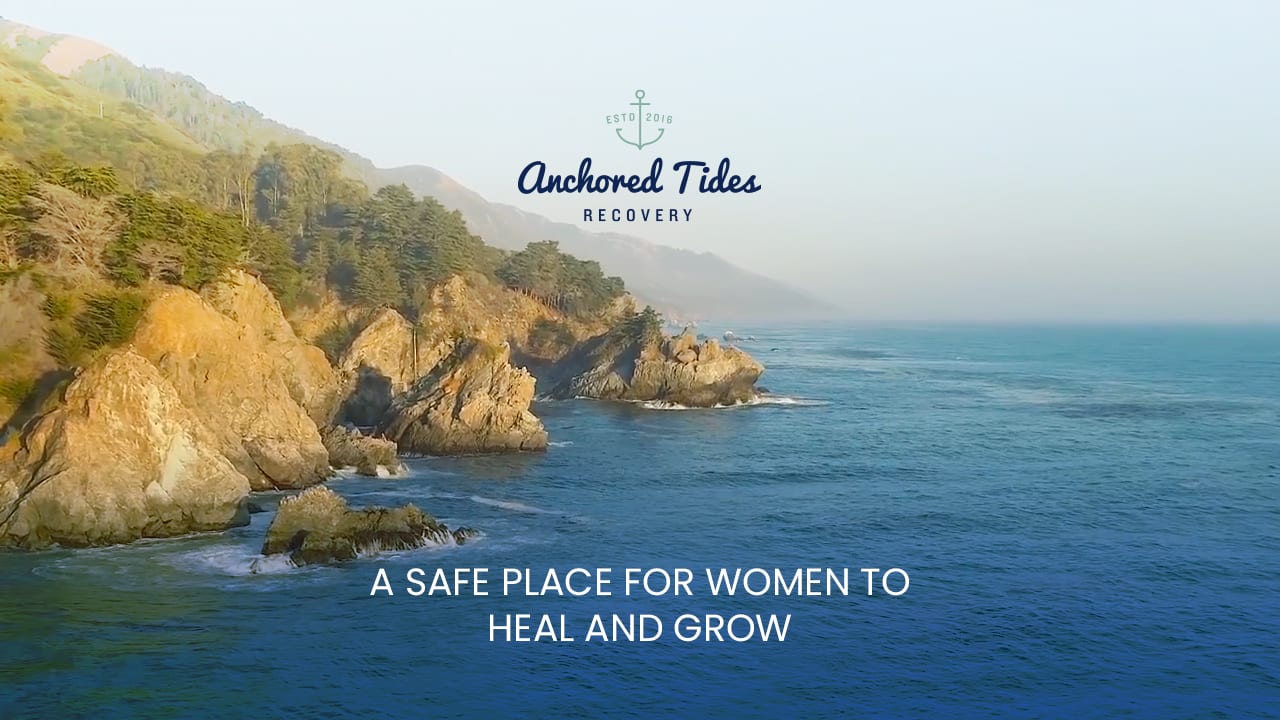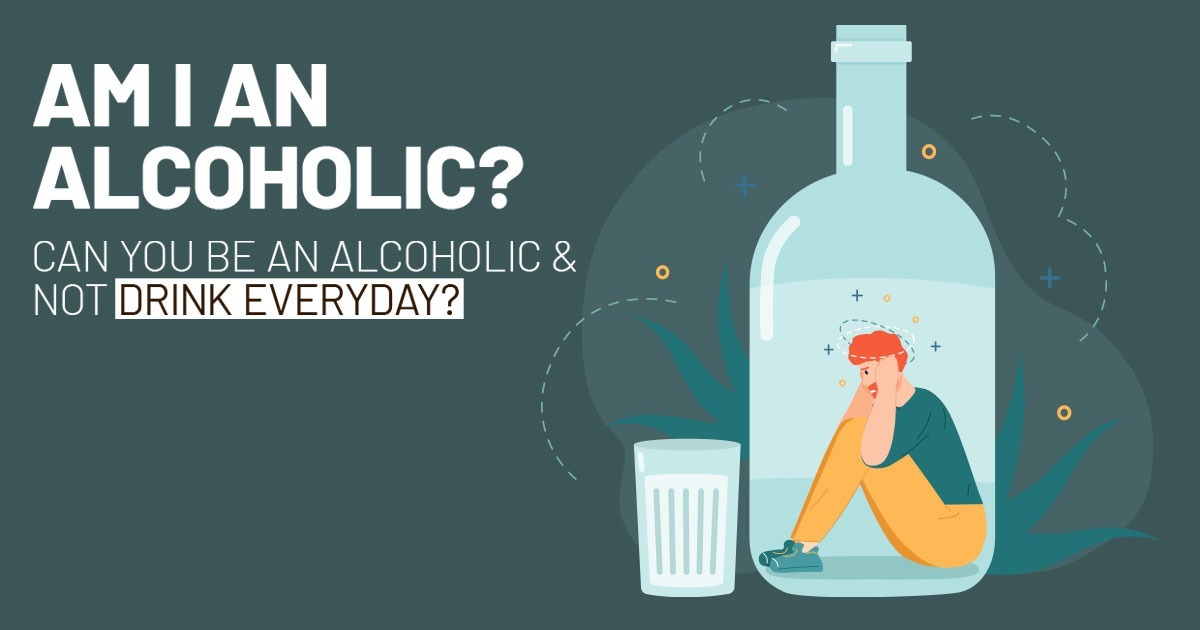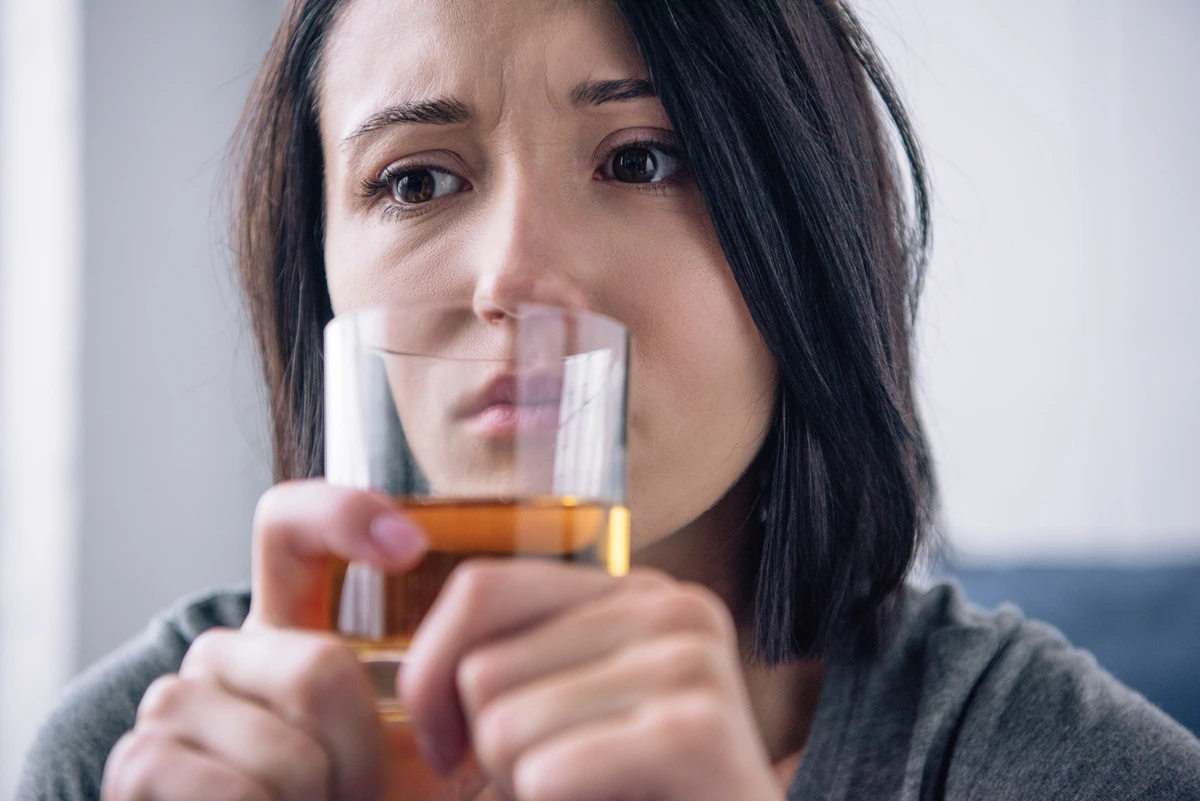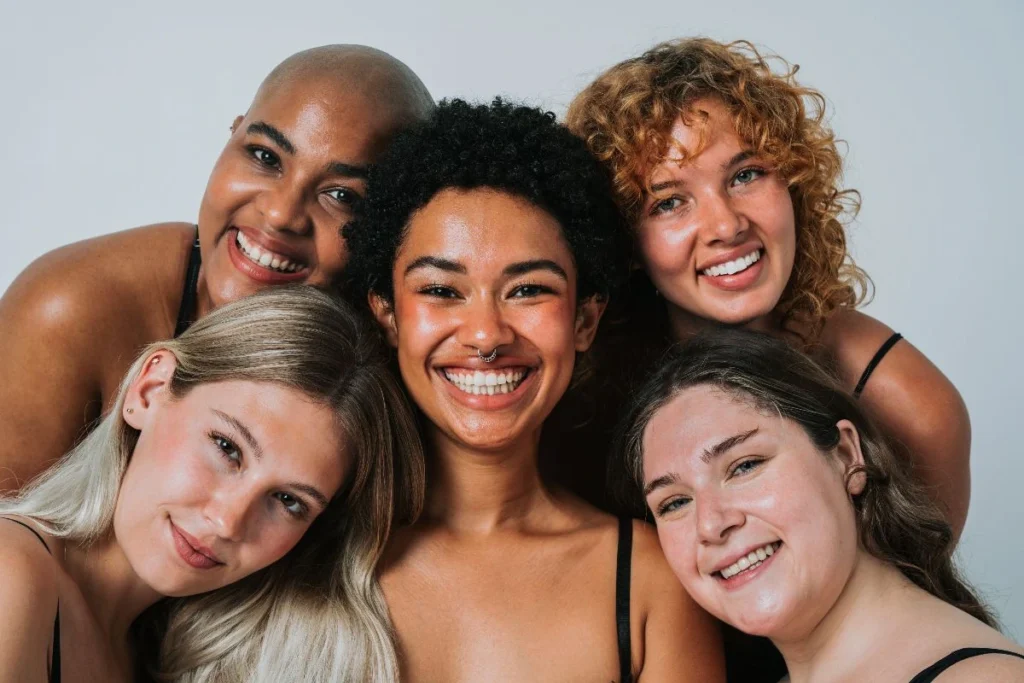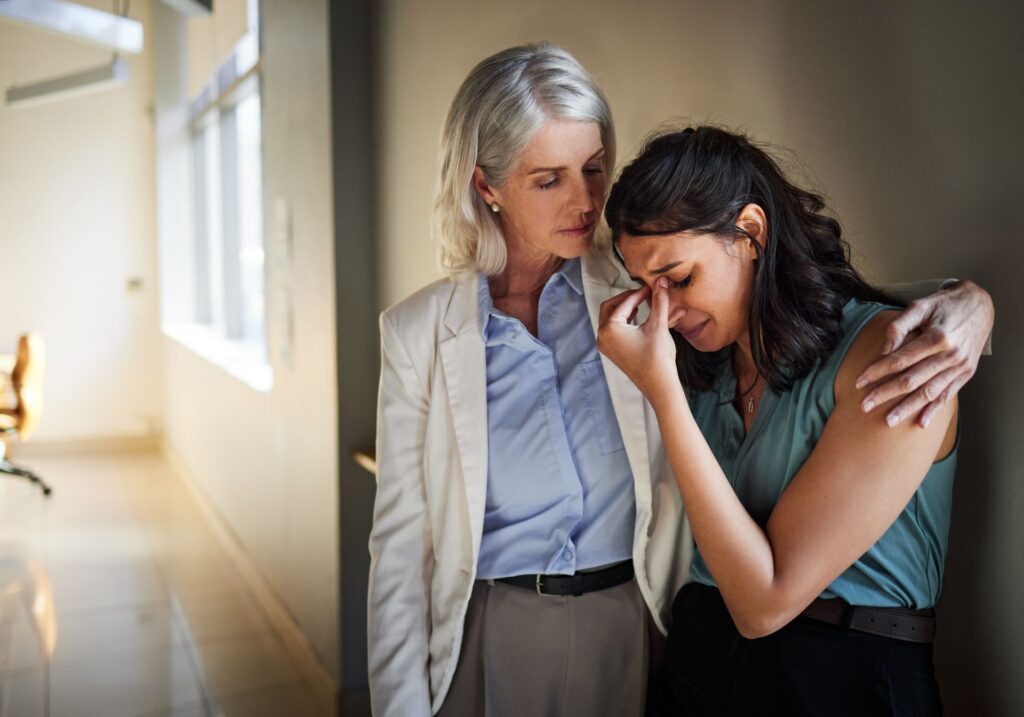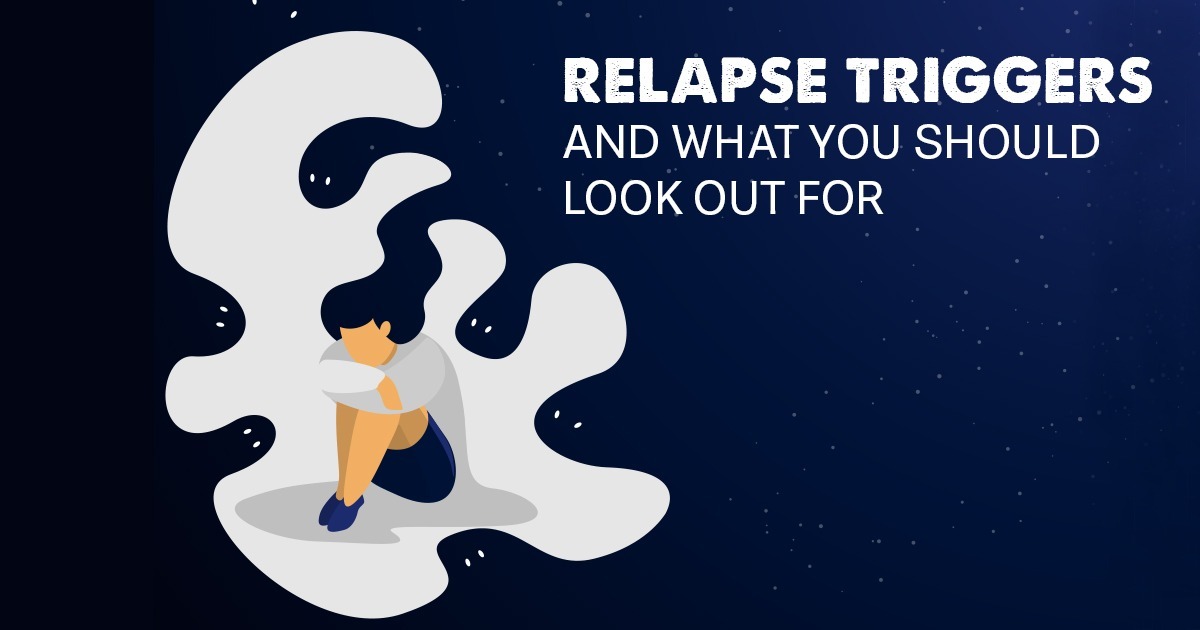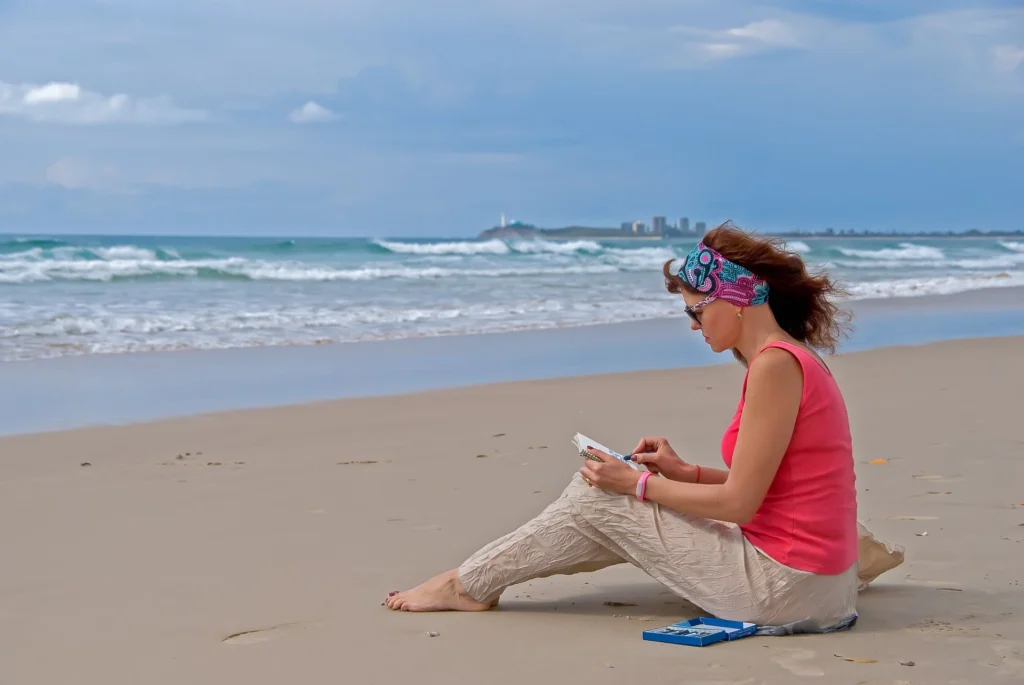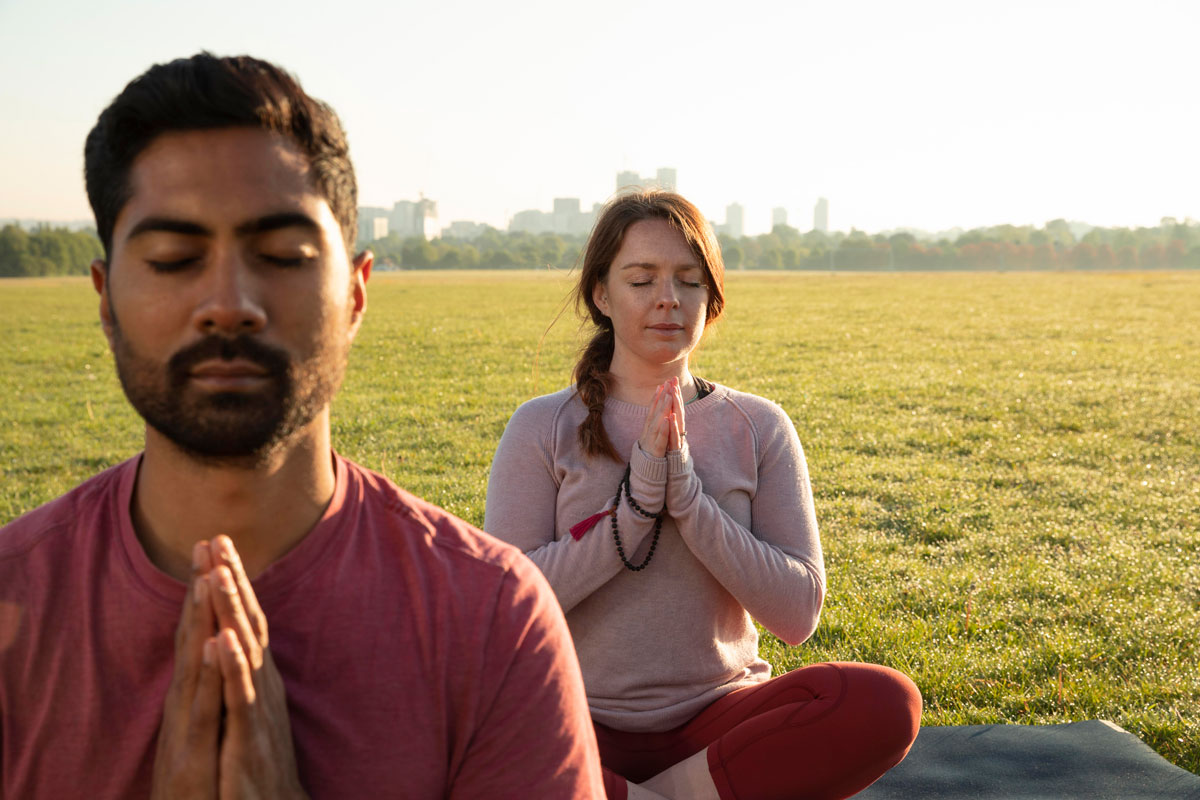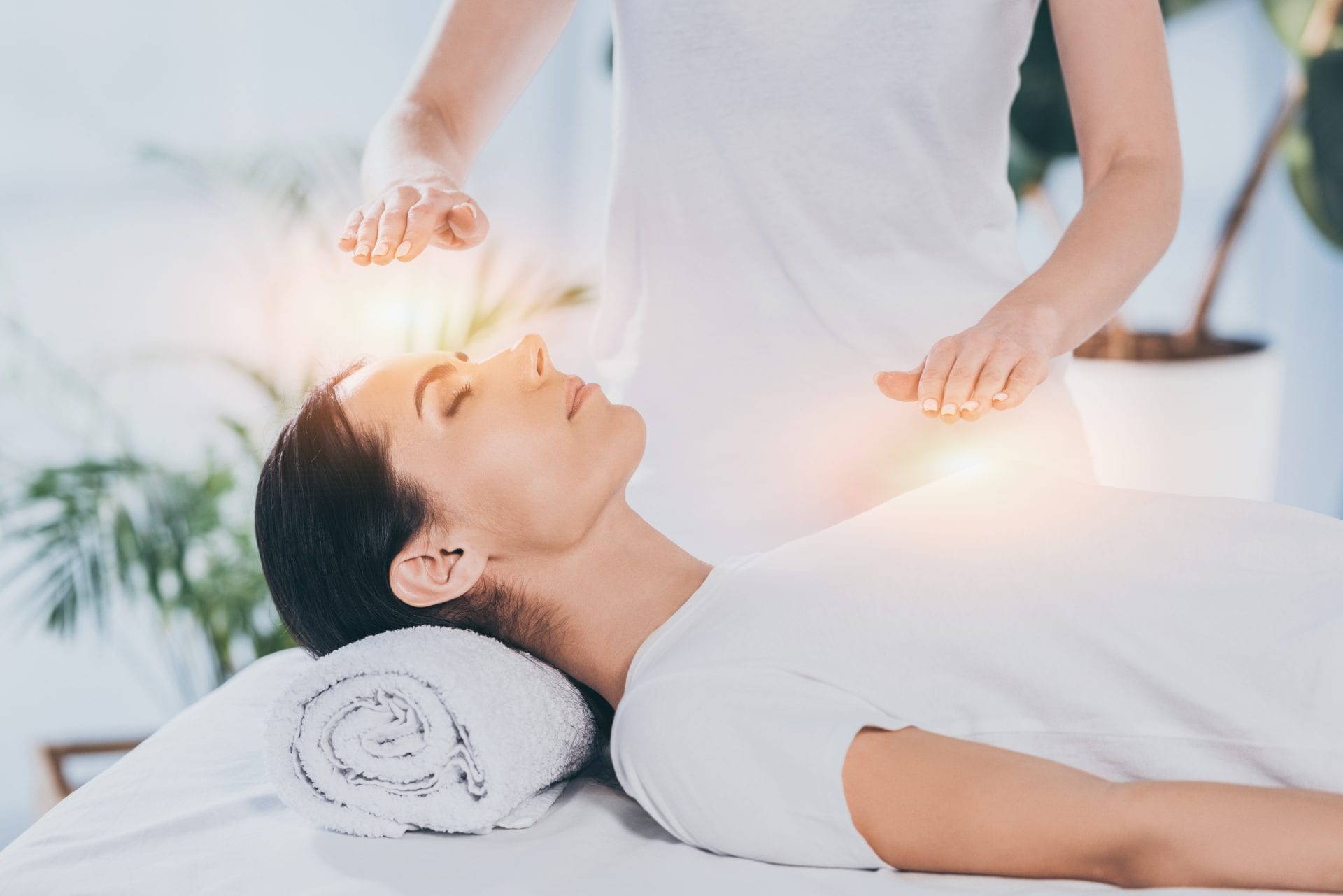You may notice a shift in yourself—or a loved one: skipping a meeting, obsessing over food, or telling yourself “just this once.” These subtle changes often precede full relapse or return to harmful eating behaviors.
In recovery, relapse doesn’t always look like outright use. For many women, relapse is emotional first—or expressed through disordered eating or binge patterns. Recognizing these early signals can make all the difference.
We’ll explore how relapse and binge behavior overlap, why women are uniquely vulnerable, how to spot early warning signs, and what a trauma-informed path forward looks like. Whether you sense it in yourself or observe it in someone you care about, this is for you.
What Does “Relapse” Really Mean? A Broader View
Relapse is often misinterpreted as a single moment of use. But in modern recovery models, relapse is more of a process. It unfolds through emotional, mental, and physical stages—a gradual build-up rather than a snap decision.
- Emotional relapse: internal shifts, neglecting self-care, mood swings, withdrawal
- Mental relapse: internal conflict, fantasizing, planning, rationalizing
- Physical relapse: acting on those impulses—using substances or engaging in harmful behaviors
Understanding relapse as a process gives you room to react early—before the cycle deepens.
If you want more background on relapse theory, check Understanding Relapse and Relapse Definition: Part of the Addiction Cycle.
The Overlap Between Relapse and Binge Behavior
When emotional tension mounts, the brain seeks relief. For some, that relief comes through substances. For others, through food. Binge behavior and substance relapse often share the same emotional triggers: craving comfort, avoiding distress, or seeking control.
Shared Mechanisms
- Reward system activation: Both substances and bingeing trigger dopamine—our brain’s “feel good” chemical—especially under stress.
- Impulse control erosion: Under emotional overload, self-regulation weakens.
- Trauma-driven urges: Trauma histories often drive both substance and eating behaviors as coping strategies.
Statistical Lens: Eating Disorder Relapse Rates
After treatment for anorexia nervosa, relapse rates are documented in the range of 35–41% within 18 months. (NIH)
For bulimia nervosa, relapse or return to disordered behaviors may affect ~41% of individuals within a couple of years. (NIH)
A meta-analysis indicates that across eating disorders, relapse rates of 40–50% are common over longer follow-up windows.
These numbers help ground our understanding: relapse in eating disorders is not rare. It’s common.
That shared ground makes the overlap with substance relapse all the more real.
Why Women Are Especially (and Uniquely) Vulnerable
Women in recovery often navigate emotional, physiological, and social pressures simultaneously. These create a precarious landscape where relapse and binge risk rise.
Hormonal & Biological Factors
Fluctuations during menstrual cycles, perimenopause, or hormonal changes impact mood, craving, and impulse control—making timing of relapse vulnerability more acute.
Caretaking Burdens & Role Strain
Many women juggle responsibilities—caring for children or elders, managing work and household tasks. When those roles become overwhelming, emotional collapse risk goes up.
Societal Pressure & Body Image Stress
Women face constant messaging about appearance, control, and perfection. Body image anxiety often triggers restrictive behavior, which can spiral into bingeing or substance relapse.
Trauma & Comorbidities
Women with substance-use disorders more often present co-occurring trauma, PTSD, anxiety, or depressive disorders. These underlying emotional wounds frequently fuel both relapse and eating disorder patterns.
By acknowledging these intersecting pressures, we move from blaming relapse to understanding it and designing interventions that fit real lives.
Emotional Relapse: The Silent Shift
Before thoughts of using or bingeing emerge, emotional relapse often creeps in quietly. You might notice:
- Mood fluctuations: irritability, fatigue, emptiness
- Disrupted sleep or appetite
- Withdrawal or isolation
- Neglecting self-care (skipping meals, not journaling)
- Avoidance of emotional honesty
These behaviors may feel “harmless” at first—but they set the stage. If unresolved, emotional relapse can escalate to mental relapse.
You might say to yourself, “I’ll rest today,” “I don’t need therapy tonight,” “I’m just tired”—all clues.
The risk lies in letting them accumulate.
Understanding Binge Behavior as a Relapse Pattern
For many women, disordered eating serves similar emotional functions as substances: numbing, controlling, or punishing. In the context of recovery, binge behavior can be a relapse response all on its own.
Signs to Watch For
- Frequent overconsumption beyond fullness
- Guilt, secrecy, or shame after eating
- Alternating restriction with bingeing
- Preoccupation with weight or food
- Eating alone or avoiding social meals
These behaviors often reconnect with old emotional fault lines—trauma, shame, control—that substance use once attempted to mask.
Because bingeing taps into self-regulation, it can weaken resolve over time, making full relapse more likely.
Common Triggers for Relapse & Binge Cycles
Triggers rarely act in isolation. They often cluster, creating a perfect storm. Watch for combinations like:
- Unresolved grief or relational loss
- Life transitions or change (e.g., move, job change, seasonal shifts) — see Why Women
- Relapse During the Fall
- Isolation or disengagement from community
- Shame, guilt, self-critique
- Bodies in flux / hormonal shifts
- Exposure to diet culture or comparison
- Lack of daily structure / boundaries
Even small lapses—skipping therapy, dodging self-care—can cascade when triggers overlap. That’s why early detection and intervention matter.
How Trauma-Informed Care Heals Both Patterns
Relapse and binge behavior are seldom separate. Healing them together via trauma-informed strategies yields deeper recovery.
Integrated Pathways of Care
Anchored Tides’ model bridges both worlds:
- PHP & IOP Continuum: Women step from more structured care into outpatient support.
- Dual-diagnosis approach: Substance use + eating disorder needs treated concurrently.
- Therapies used across both domains: CBT, DBT, EMDR, and nutrition/body-image work.
- Holistic modalities: yoga, art, mindfulness—to strengthen mind-body resilience
- Relapse prevention loops to monitor both substance and eating relapse signals
How Specific Modalities Support Overlap
- CBT helps reframe distorted thinking: “I’m weak,” “I deserve this,” etc.
- DBT builds distress tolerance—learning to sit with emotional pain without numbing.
- EMDR helps reprocess trauma that fuels both craving and self-harm behaviors.
- Nutrition therapy & body image work helps reduce power of food as weapon/enemy.
- Group therapy fosters connection and reduces shame—a powerful antithesis to relapse isolation.
Over weeks and months, the experience shifts: therapy doesn’t feel like coping—it becomes new identity.
How to Re-Engage After a Slipping Moment
A slip—emotional, mental, or behavioral—does not erase your recovery path. It’s a signal. Here are steps to course-correct:
- Share openly with trusted support — therapist, sponsor, friend
- Return to routine — journaling, self-care, meeting check-ins
- Step back into treatment — temporarily increase structure (PHP or IOP)
- Use micro-commitments — 10 minutes of mindfulness, call a peer
- Reflect, not ruminate — “What triggered me?” not “What’s wrong with me?”
- Reinforce self-compassion — setbacks are part of growth, not proof of failure
If substance or binge urges escalate, quick intervention matters. Relapse is reversible—especially early on.
Takeaway Summary
- Relapse is often a slow, multi-stage process—not a sudden failure.
- Emotional signs (mood shifts, withdrawal) often come before mental or behavioral relapse.
- Binge behavior and substance relapse share emotional roots and neurological triggers.
- Women face unique pressures that raise relapse and binge vulnerability.
- Trauma-informed, integrated treatment offers the most effective pathway to healing.
- Slipping is not the end—it’s a course correction point. Re-engage early with support, structure, and self-compassion.
Frequently Asked Questions
Can relapse include binge behavior?
Yes. Especially in women with co-occurring substance and eating concerns, relapse may manifest as bingeing or disordered eating rather than substance use.
Why are women more likely to relapse?
Women often face hormonal, emotional, social, and trauma-related pressures that increase relapse vulnerability compared to men.
What helps prevent relapse in women?
Integrated, trauma-informed care (PHP/IOP), strong peer connection, early symptom detection, structured boundaries, and holistic supports are all key.
How common is relapse in addiction treatment?
Studies suggest relapse rates of 40–60% among individuals recovering from substance use disorders.
How common is relapse in eating disorders?
Relapse in eating disorders is also common: 30–50% relapse rates in anorexia within one to two years; bulimia has relapse rates ~41%; meta-analyses suggest up to 40–50% across disorders.
Outpatient Programs You May Be Interested In
Anchored Tides Recovery is proud to offer holistic approaches for your recovery journey:
Our licensed clinicians create personalized treatment plans based on what each woman truly needs. We don’t just teach skills. We help our clients transform.









